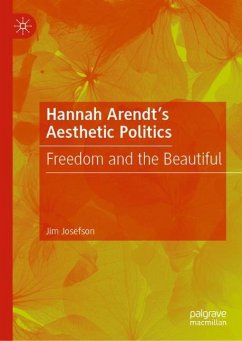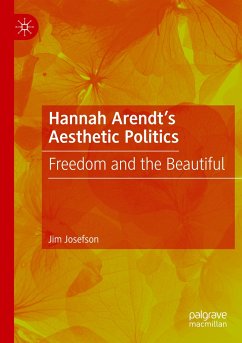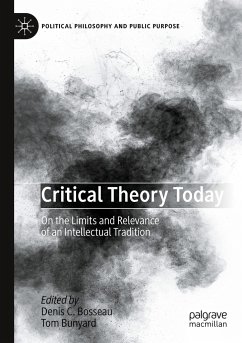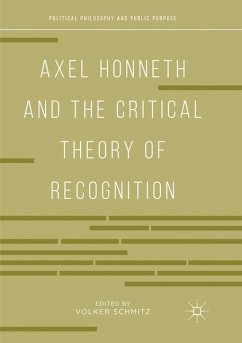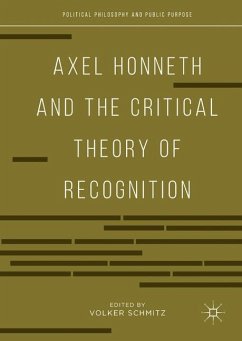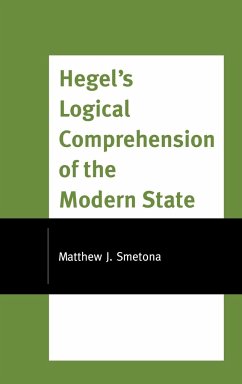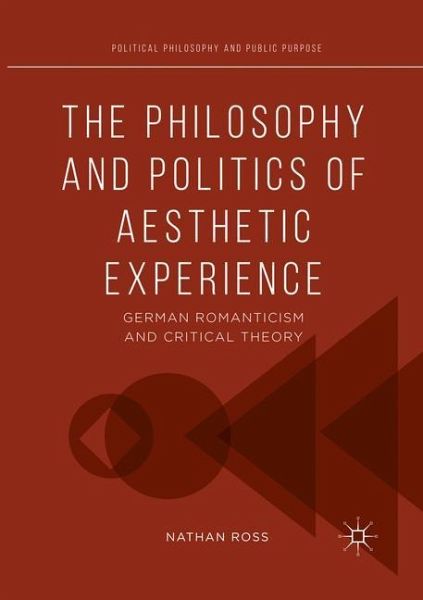
The Philosophy and Politics of Aesthetic Experience
German Romanticism and Critical Theory
Versandkostenfrei!
Versandfertig in 6-10 Tagen
76,99 €
inkl. MwSt.
Weitere Ausgaben:

PAYBACK Punkte
38 °P sammeln!
This book develops a philosophy of aesthetic experience through two socially significant philosophical movements: early German Romanticism and early critical theory. In examining the relationship between these two closely intertwined movements, we see that aesthetic experience is not merely a passive response to art-it is the capacity to cultivate true personal autonomy, and to critique the social and political context of our lives. Art is political for these thinkers, not only when it paints a picture of society, but even more when it makes us aware of our deeply ingrained forms of experience...
This book develops a philosophy of aesthetic experience through two socially significant philosophical movements: early German Romanticism and early critical theory. In examining the relationship between these two closely intertwined movements, we see that aesthetic experience is not merely a passive response to art-it is the capacity to cultivate true personal autonomy, and to critique the social and political context of our lives. Art is political for these thinkers, not only when it paints a picture of society, but even more when it makes us aware of our deeply ingrained forms of experience in a transformative way. Ultimately, the book argues that we have to think of art as a form of truth that is not reducible to communicative rationality or scientific knowledge, and from which philosophy and politics can learn valuable lessons.



